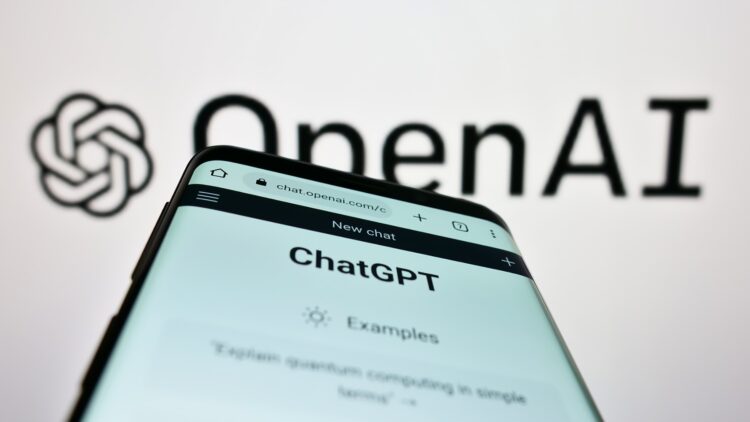This is a question as old as civilization itself. From the prophets of antiquity to the climate change preachers on social media, it seems that humanity has always been obsessed with knowing the exact day of its own demise. Today, the population has found a new oracle to follow blindly: artificial intelligence. Millions of people turn to models such as ChatGPT, Gemini Pro, and others to consult on everything from how to do their homework or doctoral thesis, how to find a girlfriend, or simply more existential questions… Such as, for example, what the future holds for us.
When you ask ChatGPT “when is the end of the world?”, the guide’s answer is not a science fiction prophecy, but a well-founded synthesis. Unlike your friend (who always has anxiety attacks), ChatGPT is much clearer and more direct: there is no specific date for the end of the world, and no one knows for sure. Artificial intelligence may be many things, but it won’t lie to you. Although The Walking Dead fans would like it to tell us that the world is going to go down the drain in, say, three months, ChatGPT is a killjoy and prefers to call for calm.
AI analysis
The answer is that ChatGPT is built on verified information taken from humanity. For example, it is based on scriptures and points to a passage from the Gospel of Matthew. This is why it responds with the Christian answer, “No one knows the day or the hour” (Matthew 24:36). Artificial intelligence argues that if the highest authority in the religious context declares that the date is unknown, any subsequent human prediction directly contradicts the sacred scriptures of Christianity. Therefore, the speculation of prophet or cult leaders is nothing more than an act of ignorance or even disobedience.
If we turn to science, ChatGPT also calls for calm. The physical end of planet Earth is not an imminent threat to humanity; after all, it will happen in several billion years. Our sun will also exhaust its hydrogen and become a red giant star. Considering that this will happen in 5 billion years, humanity will have already colonized other galaxies or gone extinct long before then. That is why these people contrast the fears of humanity right now with this time scale.
Another more present type of danger could be potentially dangerous asteroids, but these are monitored closely. This has been the case with comet 3I/ATLAS, which has been monitored by all international space agencies and used as a simulation for Earth defense protocols.
The End of the World
Despite the apocalyptic hysteria that seems to be sweeping our population, ChatGPT calls for calm. At the end of the day, we only know two things: the cosmic end of our planet will occur in 5 billion years. The biological end and the theological end—in the case of Western religions, Judgment Day—are not known for certain.
I don’t know if civilization will disappear due to slow social collapse (which often seems to be what is happening), but this will not happen on an exact date; rather, it will be like the frog that is slowly heated in a pot of water.
ChapGPT’s lesson transcends astronomy in theology. AI invites us to let go of our fear of a distant and unknowable date. On the contrary, it invites us to live with awareness of the present, being responsible for our community and looking to the future with hope. We do not know for sure what tomorrow will bring, but there is no point in living with anxiety and fear of something that has not happened and is unlikely to happen.

